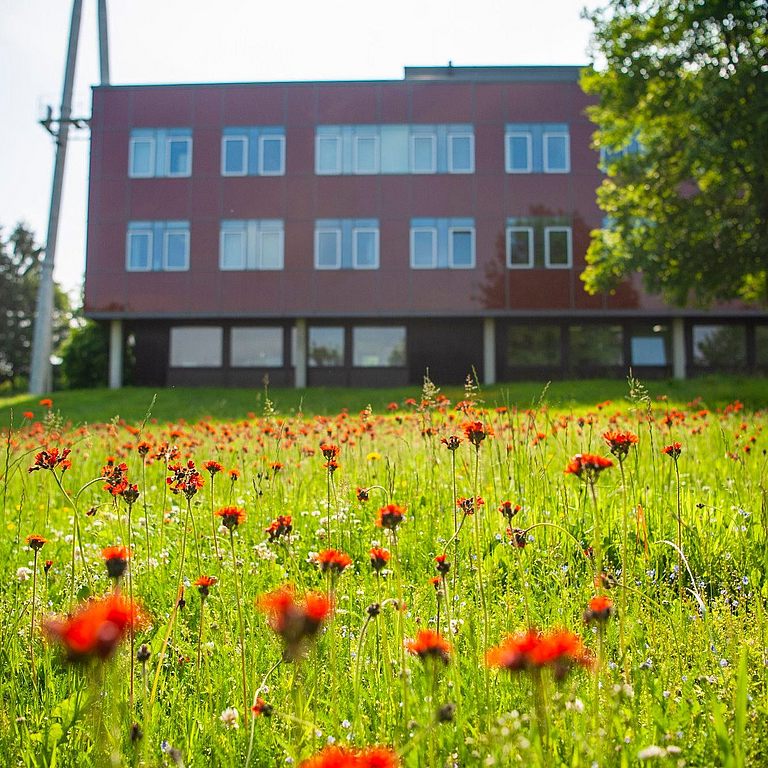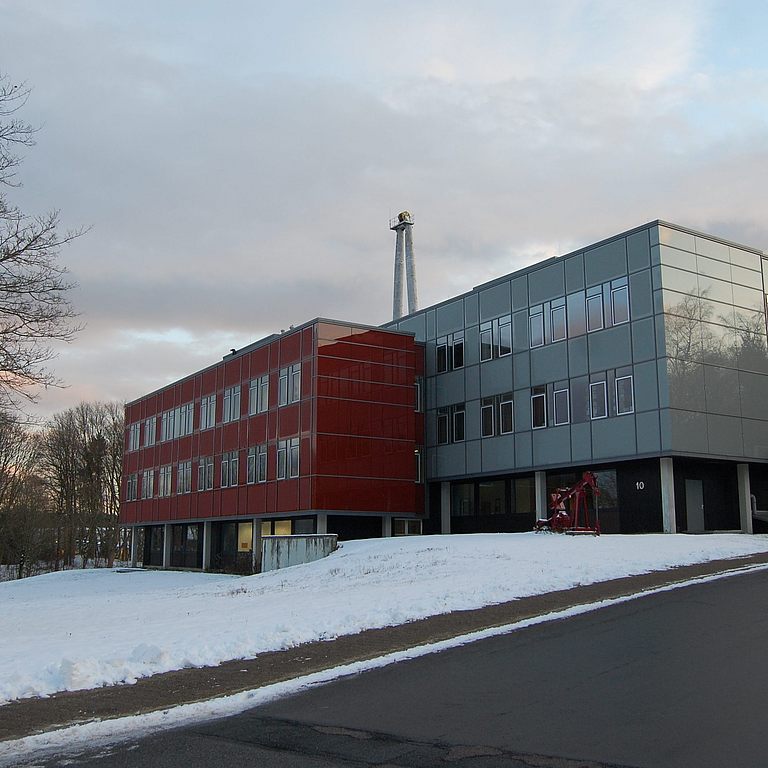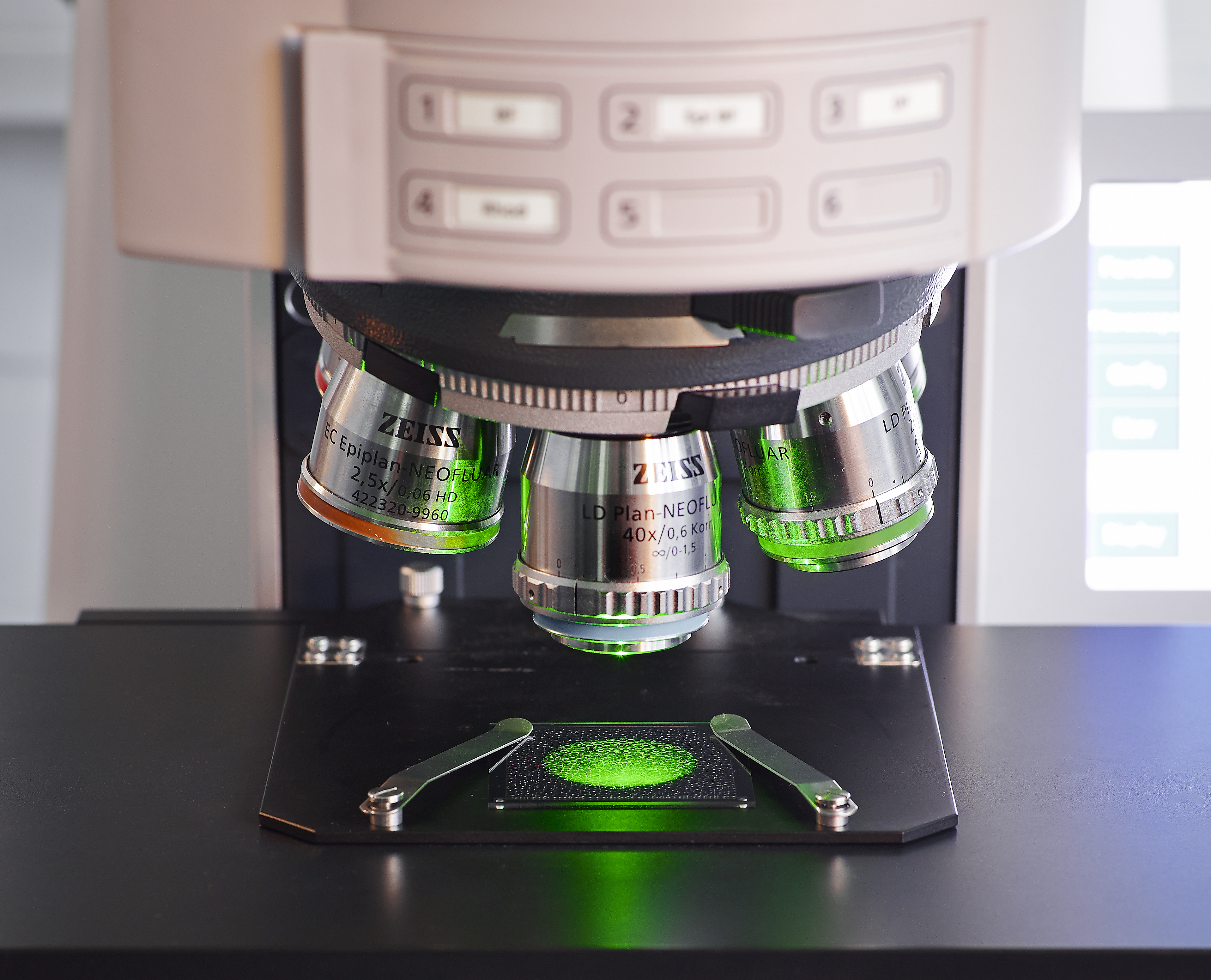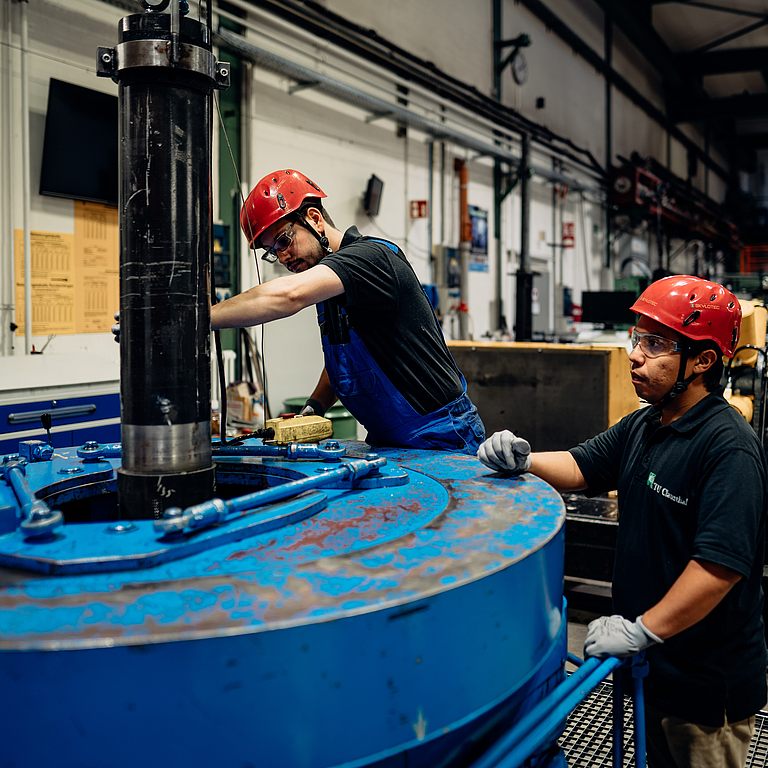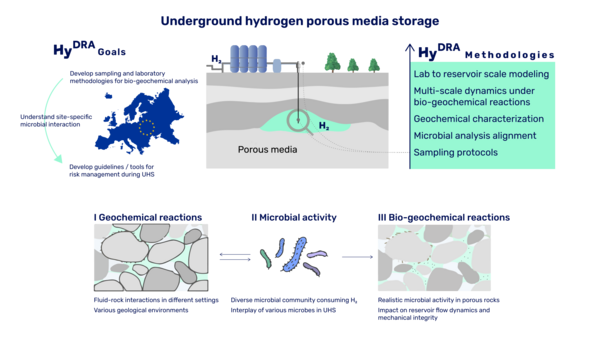HyDRA – diagnostic tools and risk protocols to accelerate underground hydrogen storage
The HyDRA project is a joint research project with nine partners (BGR, GNS Science, IDAEA-CSIC, ISO, KIT, TUC, UEDIN, UiB and UNINA) from six European countries, supported by the Clean Hydrogen Partnership and co-funded by the European Union. The overall goal of the HyDRA project is the "Characterisation of hydrogen-consuming microbial activity and interaction with the storage formation to determine guiding principles that mitigate risk and enable fast-tracking of porous media underground storage as part of the European hydrogen ecosystem".
Our goal is achieved through 10 key objectives that are quantifiable, including:
- standardized field sampling protocols and bio-geochemical laboratory methods
- mapping microbial taxonomic and functional diversity across Europe
- deriving models that enhance and upscale laboratory bio-geochemical findings for site-specific microbial risk assessment
- delivering a fast-track site selection tool with a predictive microbial risk index
- updating guidelines to support storage site operators (SSOs) in their site-specific risk identification and management.
The HyDRA project will be implemented through 12 work packages, where the research partners and associated SSOs will assess microbial risks associated with the storage of hydrogen in porous reservoirs. The Institute of Subsurface Energy Systems (TUC) is particularly involved in work packages 9 and 10, in which numerical models will be developed and calibrated at laboratory scale and scaled up to field scale in order to predict and estimate the influence of microbial processes on storage operations.
